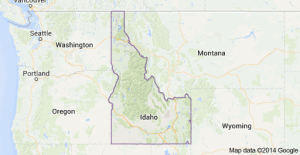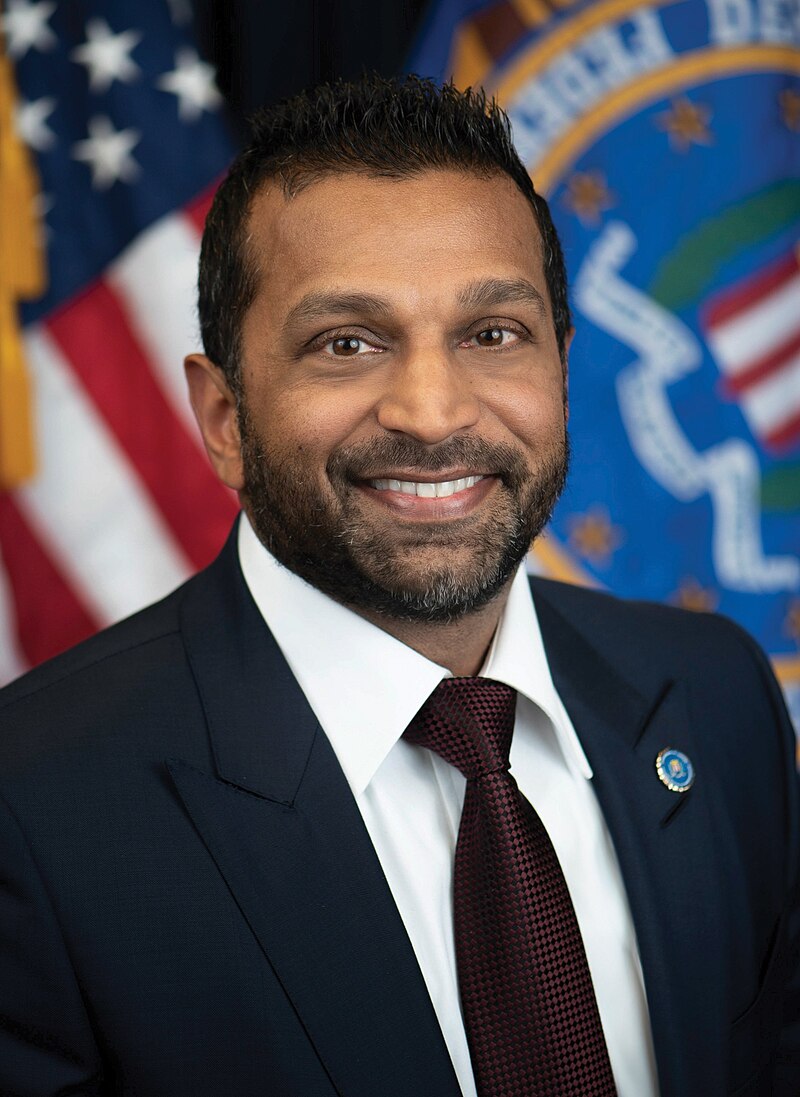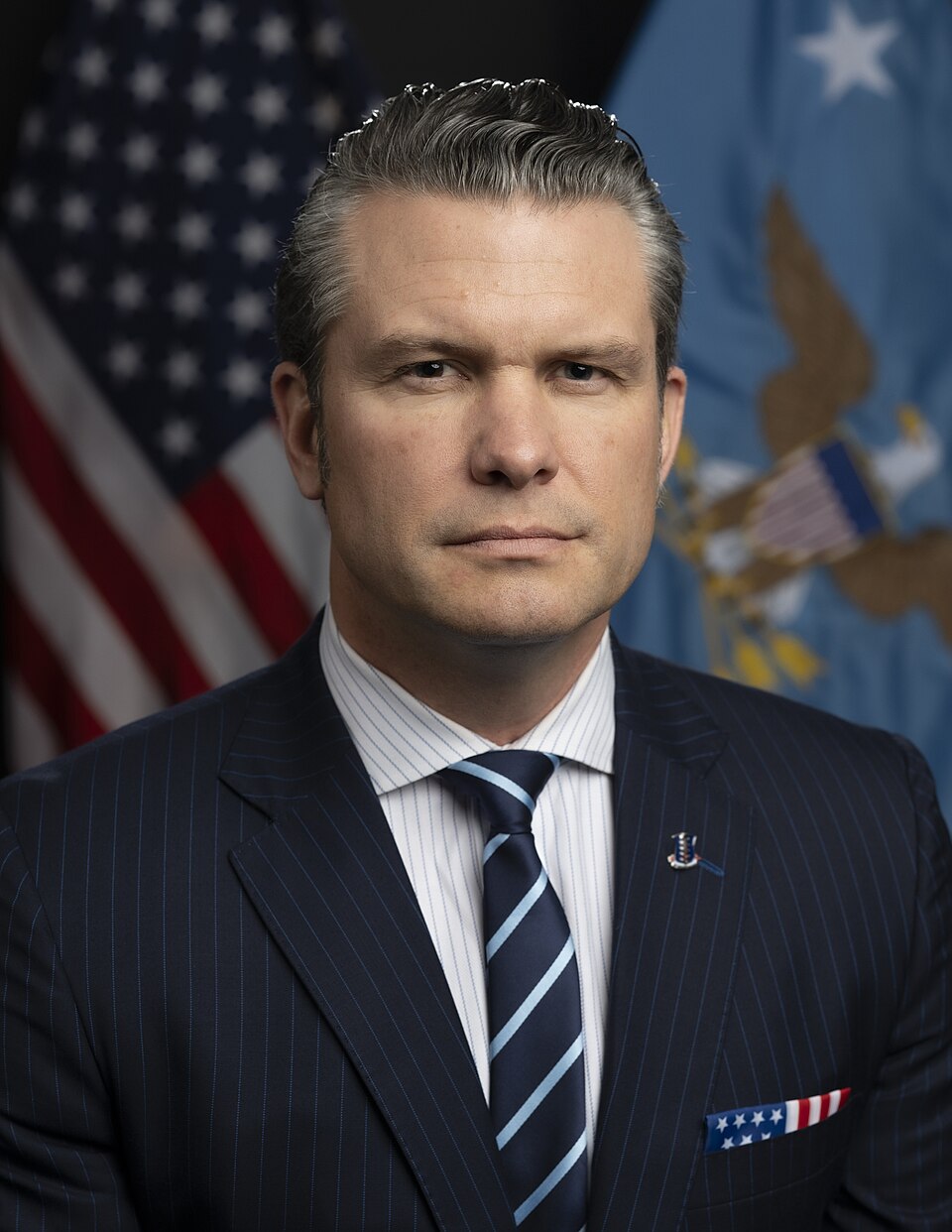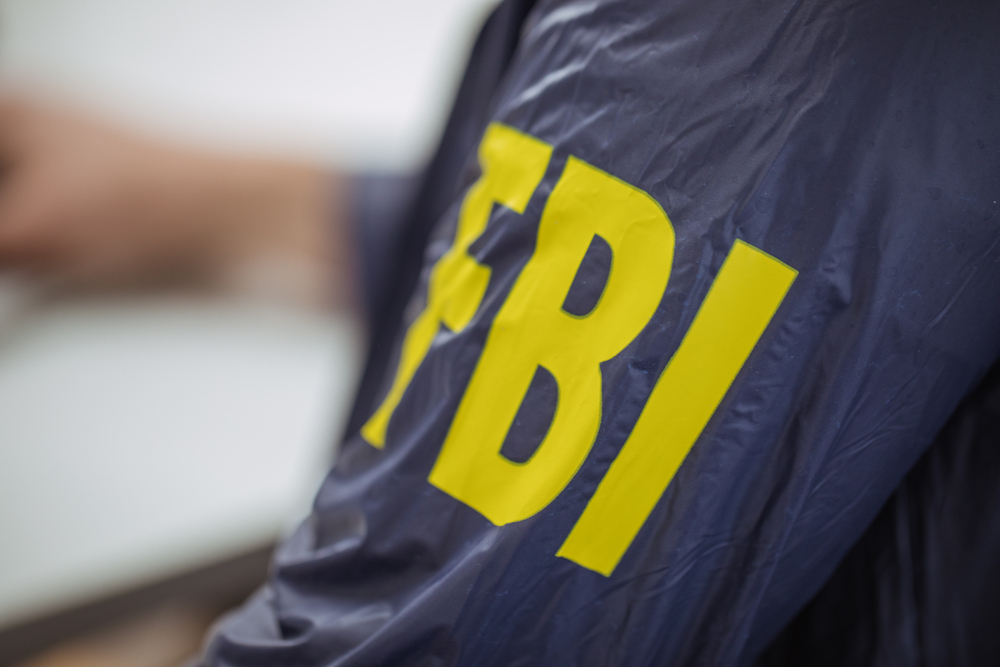 By Allan Lengel
ticklethewire.com
U.S. District Judge B. Lynn Winmill of Idaho issued this order regarding FBI agent Rebekah Morse, who apparently lied under oath when she told the judge that she turned off her phone and wasn’t texting while on the witness stand. The texts had nothing to do with the case against Diversified Business Services and Investments.
By Allan Lengel
ticklethewire.com
U.S. District Judge B. Lynn Winmill of Idaho issued this order regarding FBI agent Rebekah Morse, who apparently lied under oath when she told the judge that she turned off her phone and wasn’t texting while on the witness stand. The texts had nothing to do with the case against Diversified Business Services and Investments.
Morse killed herself shortly after she was confronted about the texting.
The judge ordered the government to turn over to the defense information regarding the incident. Below is the court order, which was provided to ticklethewire.com by the website OpenCdA.com.
INTRODUCTIONThe Court has examined in camera certain materials submitted by the Government. The defendants have requested access to all the material. In this decision, the Court will determine what evidence the defendants are entitled to view. ANALYSIS FBI Agent Rebekah Morse testified for the United States on March 18 and 19, 2014. On March 19, 2014, during a recess, a juror commented to the Court’s Law Clerk that Agent Morse was texting while on the witness stand during the time the Court and counsel were occupied at a sidebar conference. When questioned by the Court about this concern of the juror, Agent Morse denied texting. She explained that during her testimony, her phone vibrated, and to turn it off she claimed that she had to first enter her password. That explanation satisfied counsel and the Court. To resolve the one juror’s expressed concern – and to address any unexpressed concerns by other jurors – the Court Case 1:13-cr-00091-BLW Document 441 Filed 03/25/14 Page 1 of 11Memorandum Decision & Order – page 2 instructed the jury that Agent Morse was just turning off her cell phone by first punching in her password. The trial then proceeded forward with further cross examination of Agent Morse. But during that cross examination, the Court reflected further on the matter and became concerned that the juror had expressed her concern in such a way as to suggest that Agent Morse may have texted on more than one occasion. Agent Morse’s explanation about turning off her cell phone on one occasion did not address the possibility that she might have been texting on two or three occasions. After conferring with counsel, and with their approval, the Court advised Agent Morse of a potential inconsistency in her testimony and took possession of her cell phone. Agent Morse was to return for further testimony the next day, March 20, 2014. Tragically, she was found dead the morning of March 20, 2014, of a self-inflicted gunshot wound. The Court subpoenaed the text records and the e-mails taken from the cellphone of Agent Morse for the dates of March 18, 2014, through and including March 19, 2014. The Court has now received those records and thoroughly examined them – they contain the contents of all texts and e-mails sent and received by Agent Morse on those two days. The Court has also examined (1) the FBI’s 302 Report of FBI Agents’ interview with Agent Wyand who had interviewed Agent Morse during the evening of March 19, 2014; (2) what appears to be a note written by Agent Morse and found at her home on March 20, 2014; and (3) notes of IRS Special Agent Josh Culbertson on March 19, 2014, when members of the prosecution team met with Agent Morse. Case 1:13-cr-00091-BLW Document 441 Filed 03/25/14 Page 2 of 11Memorandum Decision & Order – page 3 With regard to the text and e-mail messages, the Court compared the times they were sent (or received) to the times provided (to the second) by the Real-Time transcript of the court proceedings. The only times that Agent Morse texted while on the witness stand were during a sidebar held on March 19, 2014. The sidebar was held from 12:02:47 to 12:10:41 p.m., and during that sidebar, Agent Morse sent 4 text messages and received 4 text messages. At no other time during a sidebar on March 18th or 19th did Agent Morse send any text messages or e-mails.
There were three additional times when text messages were received while Agent Morse was testifying. However, the text messages appear to be of a personal nature and the information provided does not permit the Court to conclude whether the received messages were actually viewed by Agent Morse while she was testifying. The Court has also reviewed the Verizon records that confirm that the Government has provided the entire texts and e-mails from March 18 and 19, 2014. The defense asks the Court to turn over all the material submitted by the Government for in camera inspection pursuant to the Jencks Act, Rule 16, and Brady v. Maryland, 373 U.S. 83 (1963). Under Brady, the defense is entitled to see evidence that is favorable to the defendants and is material to guilt or innocence. Id. at 87. This extends to evidence that bears upon the credibility of a government witness. Giglio v. United States, 405 U.S. 150, 153–54 (1972). Impeachment evidence is especially likely to be “material,” under Brady, when it impugns the testimony of witness who is critical to prosecution’s case. Silva v. Brown, 416 F.3d 980, 986 (9th Cir. 2005). Case 1:13-cr-00091-BLW Document 441 Filed 03/25/14 Page 3 of 11Memorandum Decision & Order – page 4 There is no doubt that Agent Morse was a critical witness for the Government. Nevertheless, some of the texts and e-mails examined by the Court are clearly not material because they were sent or received during times that Agent Morse was not on the witness stand and they have nothing to do with the substance of her testimony. Those texts and e-mails are clearly not Brady material. On the other hand, the text messages that were sent and received during the time Agent Morse was on the witness stand have potential use in impeaching Agent Morse’s testimony and must therefore be disclosed under Brady. After a full in camera review, the Court finds that the following material should be submitted under Brady: (1) the 302 Report; (2) the note apparently written by Agent Morse found at her home on March 20, 2014; and (3) those text messages referred to above that were sent and received while she was on the witness stand on March 19, 2014. None of this material – and none of the texts and e-mails not included in the material being turned over to the defense – are otherwise discoverable under the Jencks Act (18 U.S.C. § 3500) or Rule 16. The Court will also turn over to both sides the court security video tapes of the courtroom proceedings during the days in question. These videos are being released on the Court’s own initiative and are not required pursuant to Brady, the Jencks Act, or Rule 16. They will be provided separately. The Court will turn this material over to the defense with direction to counsel to not distribute it further unless approved by order of this Court. This decision and the associated material were originally filed under seal because (1) some of the materials Case 1:13-cr-00091-BLW Document 441 Filed 03/25/14 Page 4 of 11Memorandum Decision & Order – page 5 contain personal identifying information that must not be disclosed to the public under the E-Government Act, and (2) the materials may contain sensitive information not proper for public disclosure. The Court has now unsealed the decision for the reasons expressed in a contemporaneous Docket Entry Order. ORDER In accord with the Memorandum Decision set forth above, NOW THEREFORE IT IS HEREBY ORDERED, that the following material shall be delivered by the Government to the defense counsel: (1) the FBI’s 302 Report of Agent Scata’s interview with Agent Wyand who had interviewed Agent Morse during the evening of March 19, 2014; (2) what appears to be a note written by Agent Morse found at her home on March 20, 2014; (3) the Court’s redacted version of the texts for March 19, 2014; (4) court security video tapes of the courtroom proceedings on the days at issue (to be provided separately by the Court). IT IS FURTHER ORDERED, that counsel shall not distribute the material any further without approval from this Court. DATED: March 25, 2014 _________________________ B. Lynn Winmill Chief Judge United States District Court





